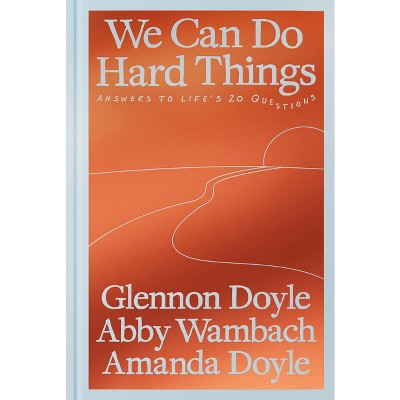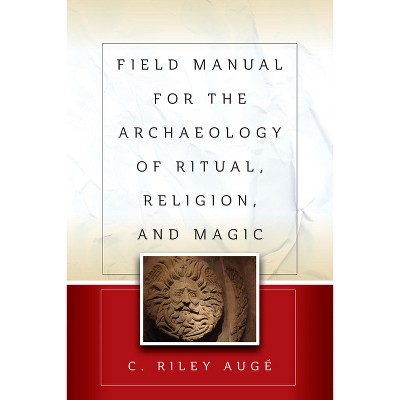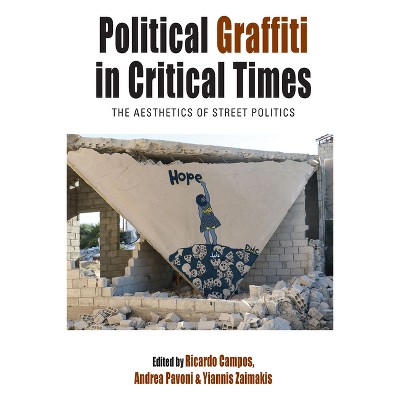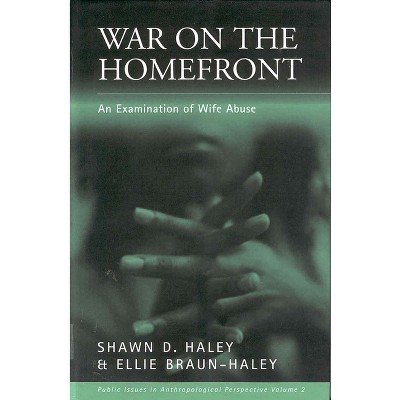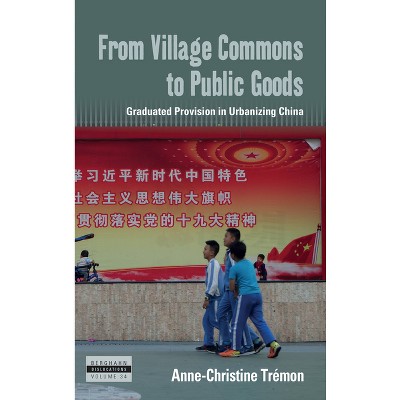About this item
Highlights
- Critical approaches to public archaeology have been in use since the 1980s, however only recently have archaeologists begun using critical theory in conjunction with public archaeology to challenge dominant narratives of the past.
- About the Author: Camille Westmont is the postdoctoral fellow in historical archaeology in the Department of Southern Studies at the University of the South in Sewanee, Tennessee.
- 280 Pages
- Social Science, Archaeology
Description
About the Book
"The concept for this book emerged from a public archaeology session at the 2019 Society for Historical Archaeology Conference in St. Charles, Missouri"--Introduction.Book Synopsis
Critical approaches to public archaeology have been in use since the 1980s, however only recently have archaeologists begun using critical theory in conjunction with public archaeology to challenge dominant narratives of the past. This volume brings together current work on the theory and practice of critical public archaeology from Europe and the United States to illustrate the ways that implementing critical approaches can introduce new understandings of the past and reveal new insights on the present. Contributors to this volume explore public perceptions of museum interpretations as well as public archaeology projects related to changing perceptions of immigration, the working classes, and race.
Review Quotes
"This volume is a must-read for anyone interested in doing more subversive and committed work in the field of social archaeology, now that it has a critical theoretical framework...One of the strengths of this publication is that the narratives arising through the different chapters of this book will contribute to fostering archaeologies and heritage management commitments to addressing contemporary issues and proposing more diverse, dialogic, and reflexive methods." - Public Archaeology
"... this is a strong and coherent collection of papers which constitutes an advancement of the field of public archaeology. The volume exemplifies many of the most important themes, practices and processes of contemporary public archaeology, such as the politics of the past and the socio-economic-political contexts in which archaeologists operate." - Gabriel Moshenska, UCL Institute of Archaeology
About the Author
Camille Westmont is the postdoctoral fellow in historical archaeology in the Department of Southern Studies at the University of the South in Sewanee, Tennessee. She received her doctorate in anthropology at the University of Maryland, College Park.
Shipping details
Return details
Trending Non-Fiction




